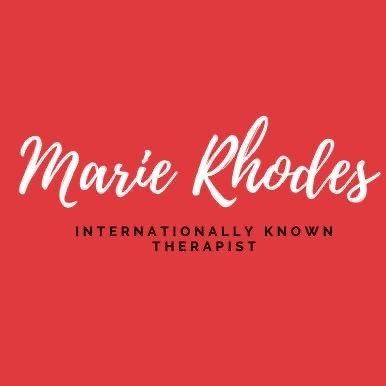CBT
Cognitive behavioural therapy (CBT) is a type of talking therapy that focuses on how your thoughts, beliefs and attitudes affect your feelings and behaviour, and then you are taught coping strategies to help you to deal with different problems.
CBT (cognitive behavioural therapy) is one of the most popular therapies that help for a range of mental health issues, from anxiety, depression, bipolar, OCD or schizophrenia.
CBT is based on the idea that the way we think about situations can affect the way we feel and then behave and respond. For example, if you attached meaning to a situation negatively then you may experience negative emotions as a result, and those unpleasant feelings might then lead you to behave in a certain way.
CBT can help you to change how you think ('Cognitive') and what you do ('Behaviour'). These changes can help you to feel better. It focuses on the 'here and now' difficulties and problems.
CBT can help with many different types of problems. These include anxiety, depression, panic, phobias (including agoraphobia and social phobia), stress, bulimia, obsessive compulsive disorder, post-traumatic stress disorder, bipolar disorder and psychosis. CBT can also help if you have difficulties with anger, a low opinion of yourself or physical health problems, like pain or fatigue.
CBT can help you to make sense of overwhelming issues by breaking them down into smaller parts, to help you to make sense of how things can affect you. For example, Situation your manager walks past without acknowledging you. Thoughts, Unhelpful you jump to a conclusion and think that you must have done something to upset your manager, therefore, you think I’m in trouble, I`m going to get the sack. Emotions Unhelpful feel upset and anxious. Physical feelings, Unhelpful feel shaky, heart beating faster, butterflies in your stomach, etc. Actions Unhelpful, avoid your manager, ring in sick. The same situation has led to two quite different results, depending on how you thought about the situation.
CBT is not a quick fix; your therapist is like a personal trainer that advises and encourages - but cannot 'do' it for you. When you feel low, it can be difficult to concentrate and get motivated to do things. To overcome anxiety, you need to confront it, and this could make you initially feel more anxious for a short time. There is always a risk that your anxiety or depression could return however If they do, using your CBT skills should make it easier for you to control them. Therefore, it is important to keep practising your CBT skills, even after you are feeling better.
Ten facts about CBT
• Change: your thoughts and actions
• Homework: practice makes perfect
• Action: don't just talk, do!
• Need: pinpoint the problem
• Goals: move towards them
• Evidence: shows CBT can work
• View: events from another angle
• I can do it: self-help approach
• Experience: test out your beliefs
• Write it down: to remember progress
Please contact me if you would like further information.
